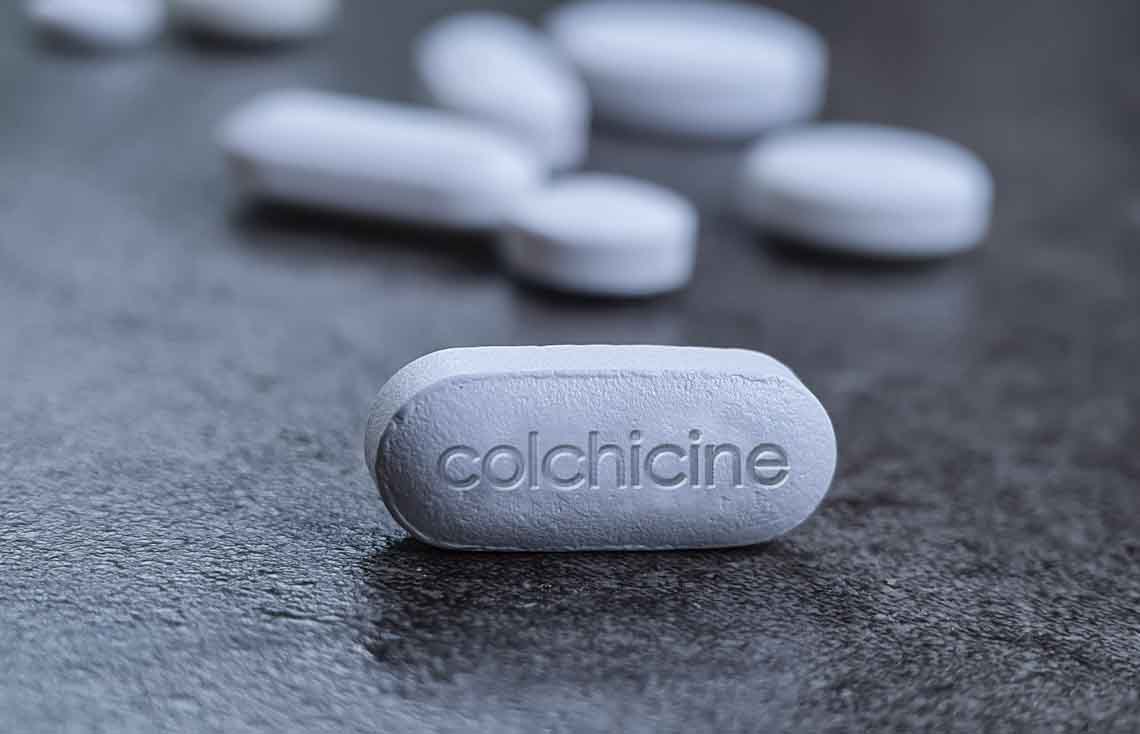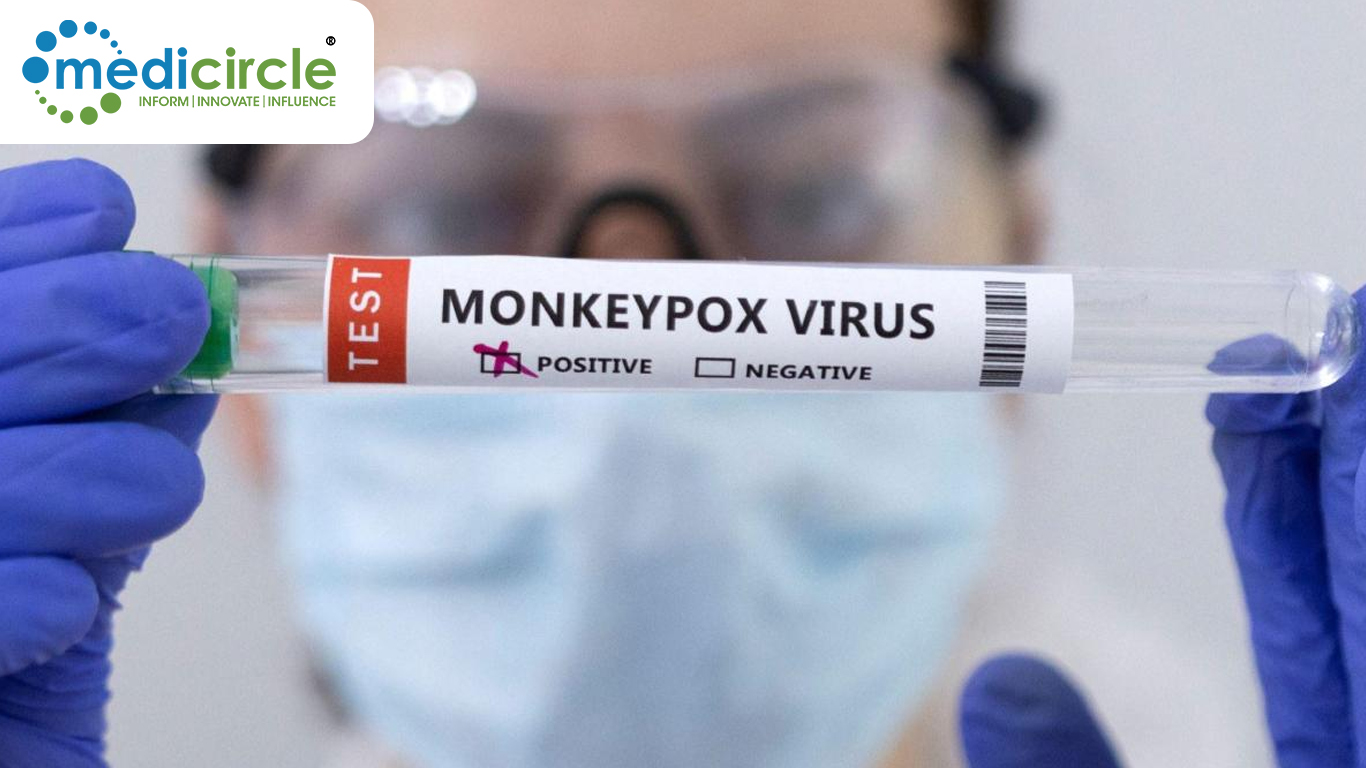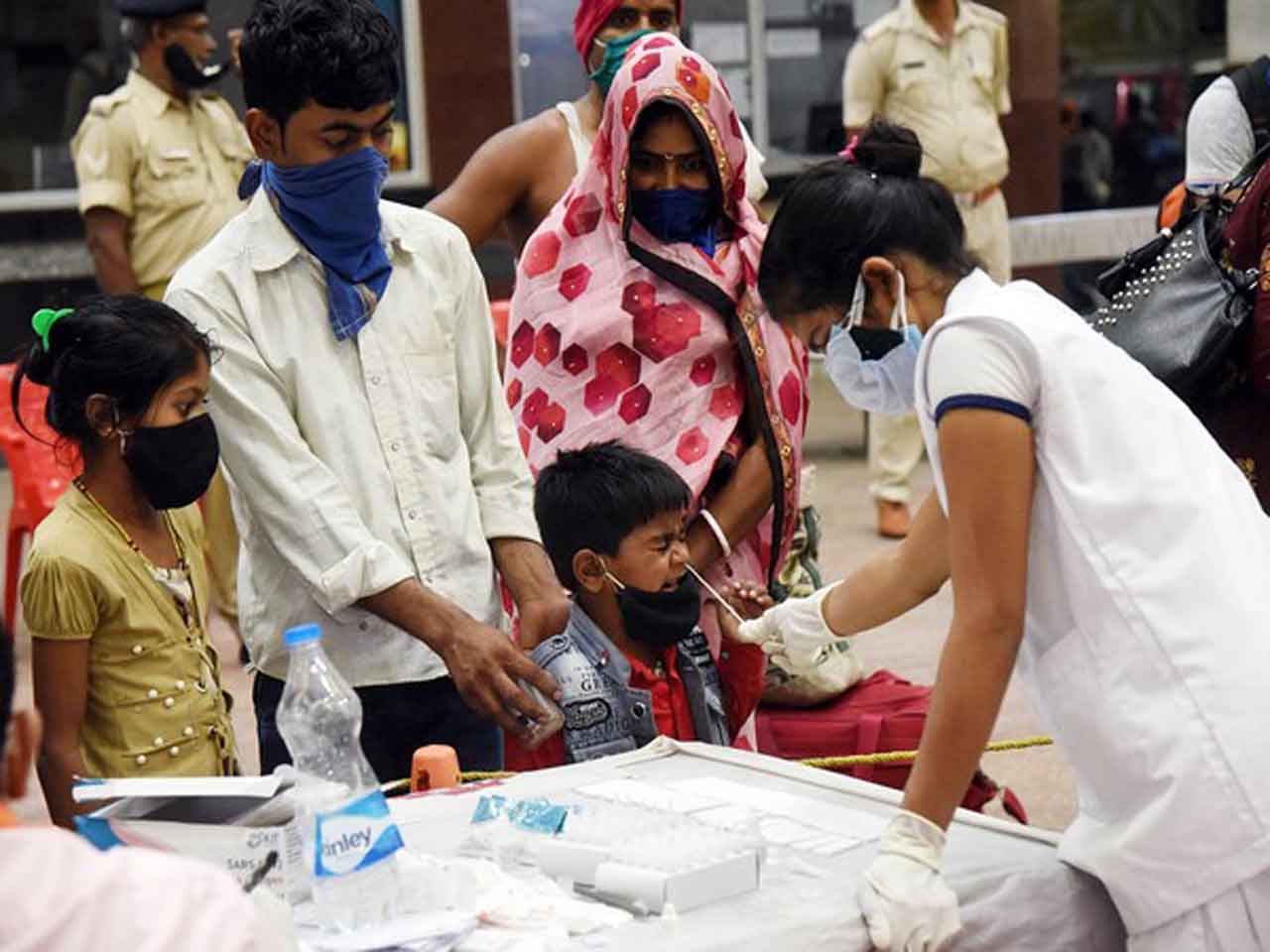Colchicine, a cheap anti-inflammatory drug normally used to treat gout, doesn’t lessen COVID-19 severity or stave off the risk of death from the infection in hospital patients, finds a pooled analysis of the available evidence, published in the open-access journal RMD Open.
What’s more, it’s associated with a high risk of side effects, particularly diarrhoea, the analysis shows.
Early observational studies suggested that colchicine might be a useful addition to the treatments available for COVID-19 infection, and it has already found its way into clinical practice in some places.
In a bid to clarify its safety and effectiveness, the researchers trawled research databases looking for relevant comparative clinical trial data on the use of the drug for the treatment of COVID-19 infection, published up to July 2021.
The researchers wanted to find out if colchicine reduced the risk of death, the need for ventilatory support, intensive care admission and length of hospital stay; and if its use was associated with any particular side effects.
They applied the Grades of Recommendation, Assessment, Development and Evaluation (GRADE) approach to assess the quality of the evidence for each of these outcomes.
Observational studies, laboratory studies, animal studies, and studies with fewer than 10 participants were all excluded.
Out of 69 full texts assessed, 6 randomised controlled trials involving 16,148 patients with varying degrees of severity of COVID-19 were included in the pooled data analysis.
This showed that there was no significant reduction in the risk of death (6 studies), the need for ventilatory support (5 studies), admission to intensive care (3 studies), length of hospital stay (4 studies) or serious side effects (3 studies) between those patients treated with colchicine and those given usual supportive care only.
Patients taking colchicine also had 58% higher rates of side effects and almost double the risk of diarrhoea than those given supportive care.
The GRADE quality of the evidence was moderate for most of the outcomes studied.
The researchers caution: “Our findings on colchicine should be interpreted cautiously due to the inclusion of open labelled randomised clinical trials. The analysis of efficacy and safety outcomes are based on a small number of [randomised controlled trials] in control interventions.”
But they conclude: “Colchicine does not reduce the risk of mortality, need for ventilatory support, intensive care unit admission or length of hospital stay among patients with COVID-19. There is no additional benefit of adding colchicine to supportive care in the management of patients with COVID-19.”

 Nor does it cut hospital stay and is associated with high side effect risk
Nor does it cut hospital stay and is associated with high side effect risk






.jpeg)


.jpg)
.jpg)










.jpeg)

.jpeg)










.jpg)




.jpg)

